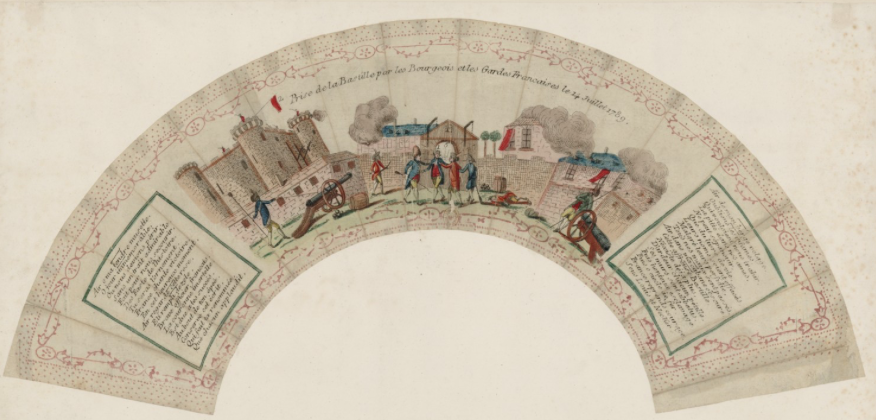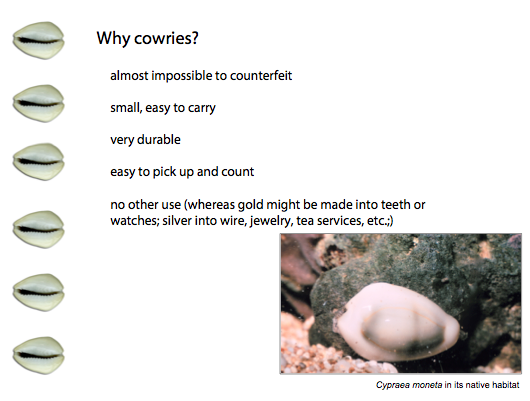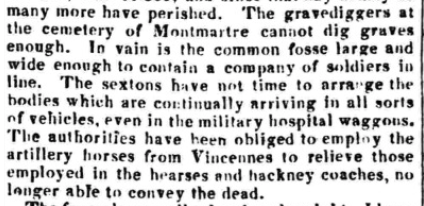
historian of money, revolutions, restaurants; 18C Studies; Professor @IUBloomington @iubhistory @IULAMP; formerly @YaleICF @YaleSOM @UCLHistory;
How to get URL link on X (Twitter) App


https://twitter.com/Noahpinion/status/1563496555897921536
https://twitter.com/RebeccaSpang/status/1279430902574206976Contingency has been a very easy concept to teach this semester:




https://twitter.com/joshtpm/status/12776805388501155852. Violence at the Bastille releasing 7 prisoners (madmen, forgers) from fortress. Marquis de Sade had been moved a few weeks earlier. --MAYBE.

 2/Gold! It’s so sparkly & malleable. It conducts electricity well, doesn’t tarnish, is even edible. Try it on your steak tartare, or put it on your cupcakes!
2/Gold! It’s so sparkly & malleable. It conducts electricity well, doesn’t tarnish, is even edible. Try it on your steak tartare, or put it on your cupcakes! 


https://twitter.com/TomSugrue/status/1269383576245743618

 "Out-of-work chefs of aristocrats opened restaurants after the Fr Revn" is a myth central to the notion of French restaurants as a _democratization_ of pleasure. It's a conceit formed in reaction to (against) the revolution's real politics. See hup.harvard.edu/catalog.php?is…
"Out-of-work chefs of aristocrats opened restaurants after the Fr Revn" is a myth central to the notion of French restaurants as a _democratization_ of pleasure. It's a conceit formed in reaction to (against) the revolution's real politics. See hup.harvard.edu/catalog.php?is…

https://twitter.com/WesrickSal/status/12605217176272691202) d is for penny, of course!




https://twitter.com/GrkStav/status/1138925406768324608As currently envisioned, miniBOTs would be denominated in euros and they would circulate VOLUNTARILY. So you can use them to pay your taxes (until another govt comes to power and says you can't) but you don't have to... 2/x
https://twitter.com/Jderbyshire/status/1138717574341038081I was asked to write about mini-BOTS and assignats. Some would say they're complete opposites: assignats "backed" by land, #miniBOTs by nothing. But what gives money value isn't what's "behind" it but what's ahead--who will take it, for what 2/x
https://twitter.com/adam_tooze/status/1101538104496787456Before there was a Weimar Republic, "hard money" men like AD White (first Press of Cornell, etc.) pointed to the case of the assignats in Fr Revolution as "fiat money inflation" caused by excess liquidity ... 2/n
